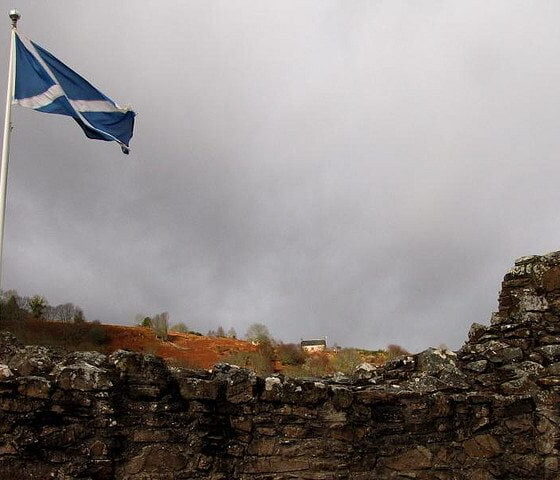

Economy
100 days until Scottish referendum: ‘poll of polls’ suggests voters will back union
With just 100 days until Scots go to the polls and vote on whether they want to become an independent country, the latest polls suggest the majority will select to remain a part of the UK.
According to the latest Poll of Polls, from website What Scotland Thinks, some 58% will vote in favour of remaining in the UK, whilst 42% think Scotland should become independent.
The Poll of Polls looked at six separate polls conducted between April 23 and June 1, and combined the answers, excluding those that answered they ‘didn’t know’ if Scotland should become independent.
Despite those voting ‘no’ remaining in the lead, the gap between the two responses has been narrowing. The site’s analysis suggests that at the beginning of October last year, the amount of people supporting a united UK was above 60%.
Whether or not Scotland would benefit from becoming an independent country has been debated. Last month, two separate reports were published giving contrasting answers. Whilst a report from the UK Treasury stated that Scottish people would be £1,400 better of a year if they remained in the UK, Scotland’s first minister Alex Salmond’s report suggested that within 15 years Scotland could generate more than £5 billion a year in extra revenues.
Oil firms are also divided on how they think the sector will be impacted should Scotland become independent. Some 18% believe it will have a positive impact, whilst 12% think it could negatively affect the sector.
Those backing an independent Scotland argue that being separate from the UK would mean Scots would benefit more from the country’s wealth and resources because it would have more control and as a result provide more security.
With just over three months to go, Yes Scotland – the campaign for an independent Scotland – announced that almost 800,000 people had signed the Yes Declaration supporting independence.
The campaign’s chief executive Blair Jenkins said, “Every week now, many thousands of people are finding out the truth about just how wealthy a country Scotland is, and why we should be independent to make sure everybody in Scotland benefits from that wealth.”
In contrast, those urging Scots to vote ‘no’ to independence argue that as part of the UK, Scotland can benefit from increased security because risk is spread out and opportunities and benefits are shared.
Labour MP and former chancellor Alistair Darling, now leader of the Better Together campaign, commented, “I want to use these 100 days to plan for Scotland’s positive, possibly-rich future as part of the United Kingdom with substantially enhanced powers from the Scottish parliament.
“It is a vision that the overwhelming majority of us want. And so when voters go to the poll on September 18, I want everyone to understand that within the United Kingdom change and progress is coming to Scotland.”
The perceived economic impact of Scotland becoming independent has led to some companies saying they would consider quitting the country if the outcome of the referendum were independence. Others, such as Ballie Gifford, have used the debate to demonstrate their commitment to the country.
Ratings agency Standard & Poor’s has also warned that an independent Scotland could have an unsustainable banking system, similar to that of Iceland before the financial crisis.
Photo: pathlost via Flickr
Further reading:
Oil firms divided on possible impact of Scottish referendum
Contrasting reports on costs of Scottish independence
Majority of financial advisers would vote to remain in EU and the UK to remain united






























